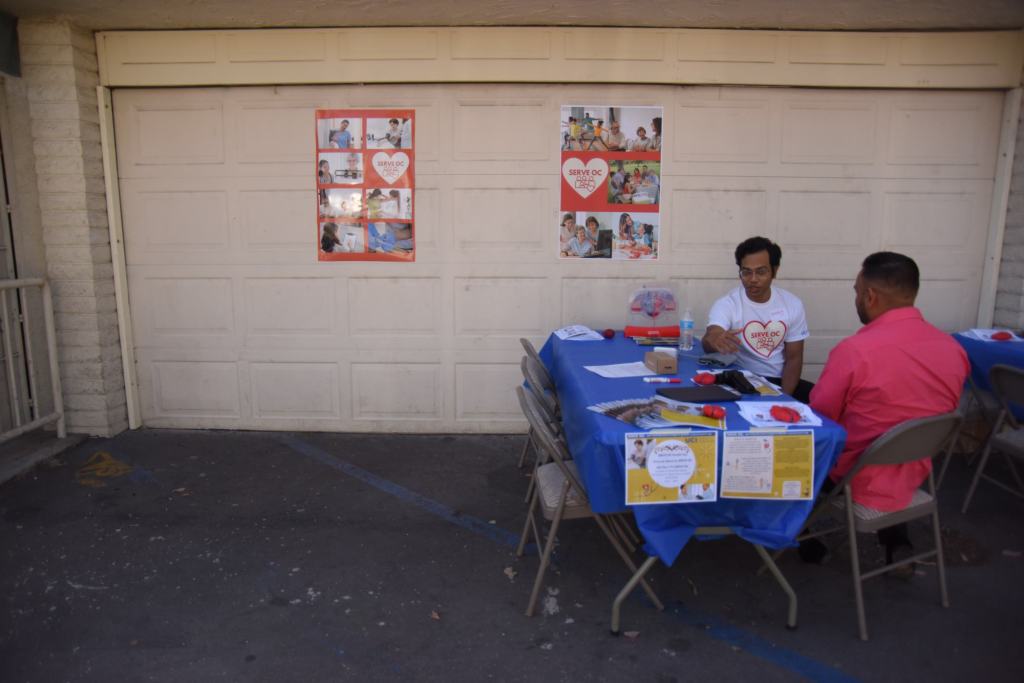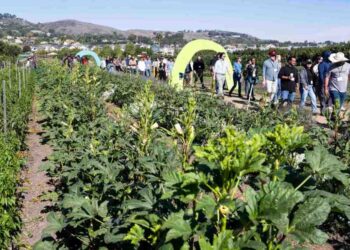Thirty years ago, Bernadette Boden-Albala set out to find out how many strokes had occurred in racial or ethnic groups.
People would say to tabulate the number of strokes in a hospital setting, Boden-Albala recalled. But, not everyone goes to the hospital. Some see a doctor and others go to a nurse.
“Early on, I realized that to understand diseases, you have to understand community context — where people are living, what their environment is and all those things that impact the way in which they experience disease,” said Boden-Albala, now the director of the UC Irvine Program in Public Health and the founding dean of the future UCI School of Population and Public Health.
The only way to really understand a disease and the risk factors for it, as an academic researcher, she said, was to go into the community, build relationships with residents and spend time with them — a “communi-versity” model.
At UCI, these are the principles she utilizes to engage with the community as she researches cardiovascular intervention with the goal of preventing hypertension or high blood pressure.
From their offices in El Centro Cultural de México in downtown Santa Ana, Boden-Albala and her research team have partnered with community health workers and volunteers to reach out to Latinx and Vietnamese families to participate in cardiovascular research dubbed Skills-based Educational strategies for Reduction of Vascular Events in Orange County.
And in addition to research, SERVE OC staff also offers residents multilingual resources on how socioeconomic conditions may impact health.
Cardiovascular disease is the leading cause of death of all adults but disproportionately affects communities of color.
According to the SERVE OC program’s website, stroke and cardiovascular disease account for one in four deaths among Latinos in the U.S., and heart disease is the second leading cause of death overall for Latinos. Locally, the Vietnamese population in Southern…
Read the full article here






